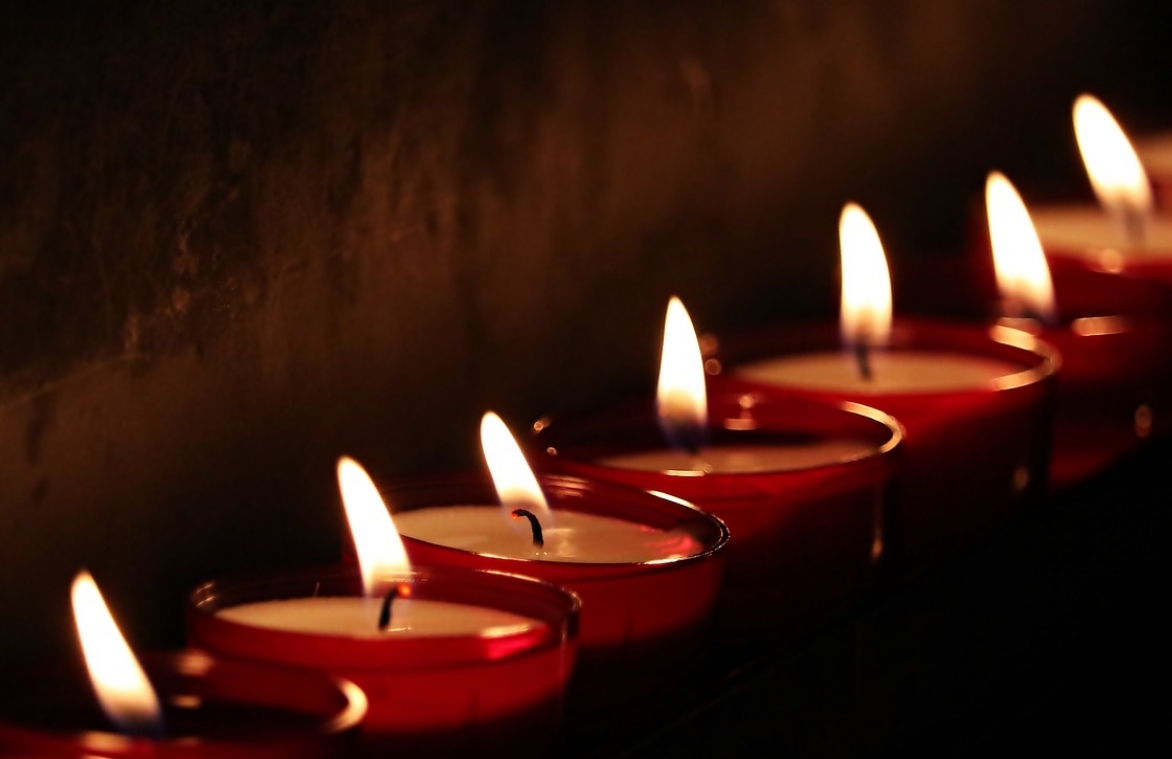The city of Ocala, Florida, and its police chief violated the Establishment Clause by promoting a community prayer vigil on the public square, a federal district court has ruled.
In September 2014, the Ocala Police Department tried to apprehend individuals responsible for a shooting spree that injured several children. The police believed they knew who the perpetrators were but could not get witnesses to cooperate. The police met with local religious leaders and the idea of a prayer vigil was proposed.
The city’s chief of police promoted the “community prayer vigil” which took place. On the city’s Facebook page, a document from the police department read in pertinent part:
Blessings to all our citizens, specifically Pastors, Community Leaders, Parents and our precious Youth.
We are facing a crisis in the City of Ocala and Marion County that requires fervent prayer and your presence to show unity and help in this senseless crime spree that is affecting our communities.
Within the last 30 days we have had numerous shootings that have resulted in two children and an infant being hit by bullets.
…
I am urging you to please support a very important ‘Community Prayer Vigil’ that will be held this coming Wednesday, September 24, 2014 at 6:30 pm to be held at our Downtown Square located in the heart of the City.
Please support peace and this appeal for unity on this very important ‘Community Prayer Vigil; coming this next Wednesday. We need you.
The Chief of Police signed this message.
The mayor supported the police chief, stating: “I’m proud to stand by my Chief and support him. … We are doing absolutely nothing wrong.”
Five hundred to six hundred people attended the prayer vigil. Several individuals filed a lawsuit in federal court, contending that the city’s support of the prayer vigil amounted to a violation of the Establishment Clause.
On May 24, 2018, U.S. District Judge Timothy J. Corrigan agreed in Rojas v. City of Ocala. The judge applied the U.S. Supreme Court’s test developed in Lemon v. Kurtzman (1971) called the Lemon test. This test requires that:
- Government action have a secular purpose as opposed to a religious purpose;
- The governmental program must not have a primary effect of advancing or inhibition religion; and,
- The program must not excessively entangle government with religion.
The judge determined that there was a religious purpose to the prayer vigil, as the city officials supported and promoted the vigil which had much religious content. The judge also determined that it had a primary effect of advancing religion: “Though held in a public space, the event here – a prayer vigil – can hardly be thought to be anything other than an endorsement of religion.” The judge also found that the prayer vigil “entangles the government with religion.”
The city argued that the prayer vigil was a community-sponsored event, not a government-sponsored event. The court rejected this argument, noting that the city’s police chief had “significant involvement” with the prayer vigil.
The police chief argued that he was entitled to qualified immunity, which protects government officials from liability for constitutional violations unless they violate clearly established rights. The judge determined that it was clearly established constitutional law that government officials cannot promote a prayer vigil.
The judge did dismiss the claim against the city’s mayor but found against the city and the police chief. The judge concluded: “In sum, under the Establishment Clause of the First Amendment to the United States Constitution, the government cannot initiate, organize, sponsor, or conduct a community prayer vigil.”
The judge quoted Justice Sandra Day O’Connor’s words from Board of Education of Westside Community Schools v. Mergens (1990): “There is a crucial difference between government speech endorsing religion, which the Establishment Clause forbids, and private speech, which the Free Speech and Free Exercise Clauses protect.”

